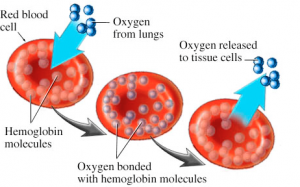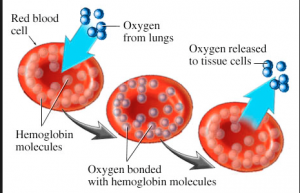Have you ever wondered why the climate is getting warmer throughout the years? Do you ask yourself as to why late winter months are feeling a bit warmer from year to year? Like most people, if these questions have ever crossed your mind, you may be worried about what is causing this climate change and the outcome effects of it.
The biggest factor that controls the Earth’s climate is the solar radiation, or energy given off by the Sun. Scientists believe that as the Sun ages, its brightness over time increases. This results in the Sun giving off greater amounts of energy as heat. However, conclusive studies show that this has a very minimal impact on Earth’s climate getting warmer because of its unsustainable, inconsistent fluctuation of the heat given off as solar radiation.
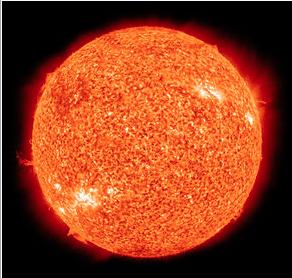
Figure 1: The Sun, which is a large ball of hydrogen and helium gas. Source: https://simple.wikipedia.org/wiki/Sun
Now you may be asking yourself, “How exactly does this heat up the Earth?” To begin with, the Earth orbits in nearly a circular motion around the Sun. Furthermore, the amount of energy received on Earth comes from how far the Earth is relative to the Sun. At times, some aspects of the Earth’s orbit can vary distances with respect to the Sun. For example in this era, during the wintertime the Earth is orbiting more closer to the Sun, and orbits further away during the summer. It is pretty intuitive that this provides a low seasonal contrast, as we do not experience cold winters, nor extremely hot summers. Another important fact is that Earth rotates on a tilt. This means Earth doesn’t orbit around the Sun along its perpendicular axis; rather it is tilted by 23.50. Research suggests that the angle in which Earth rotates fluctuates between 22.30 and 24.50 over 41,000 years. These changes alter how sunlight is distributed over the planet. However because of how slow these orbital variations can take, there is no significant evidence that this has lead to the recent warming of the climate.
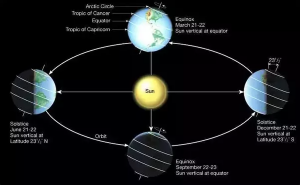
Figure 2: Earth rotating around the Sun. Shows the axis of rotation along with the tilt. Source: https://www.quora.com/Why-is-the-earth-tilted-at-23-5-degrees
What and who may be the culprit at hand for the raise in global temperatures? You won’t have to look any further than yourself. Human activity is directly related to the vast amounts of greenhouse gases in the atmosphere that are expected to warm the planet. Greenhouse gases increase the overall surface temperature of the planet as they act as barriers from preventing outgoing radiation, in the form of heat to dissipate into space. The major greenhouse gas that is responsible for this is carbon dioxide. The number one human activity that raises the concentration of carbon dioxide in the atmosphere is from burning fossil fuels.
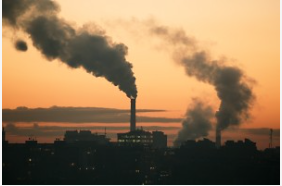
Figure 3: A smoking power plant. Source: Thinkstock
Another important impact the sudden climate change has is the melting of sea ice and glaciers. This can lead to elevated sea levels, which can in turn lead to floods, storms and other natural disasters. As you can see, climate change can have severe effects on our planet, and unfortunately we are to blame for the drastic increase in climate.




